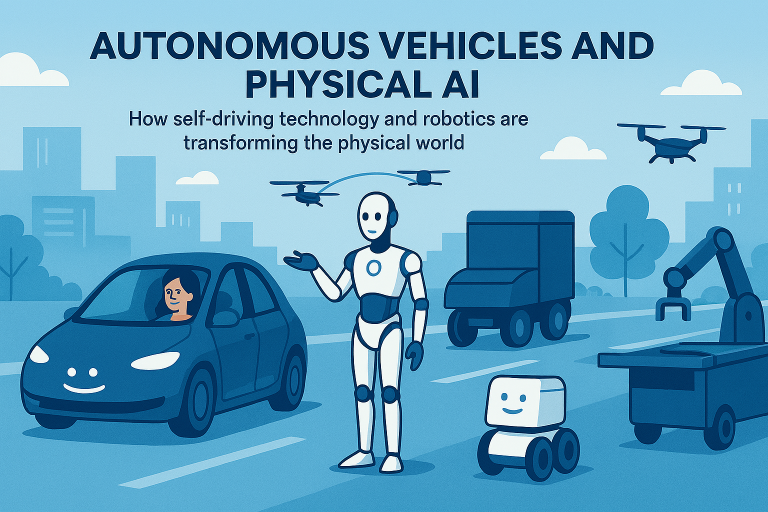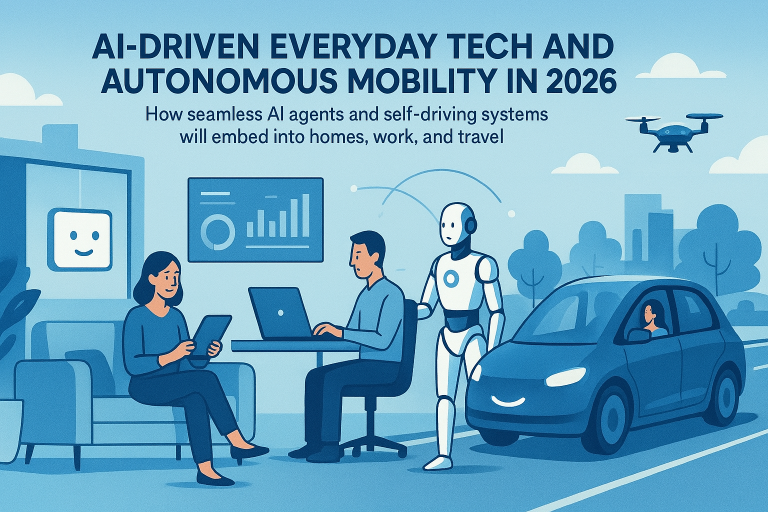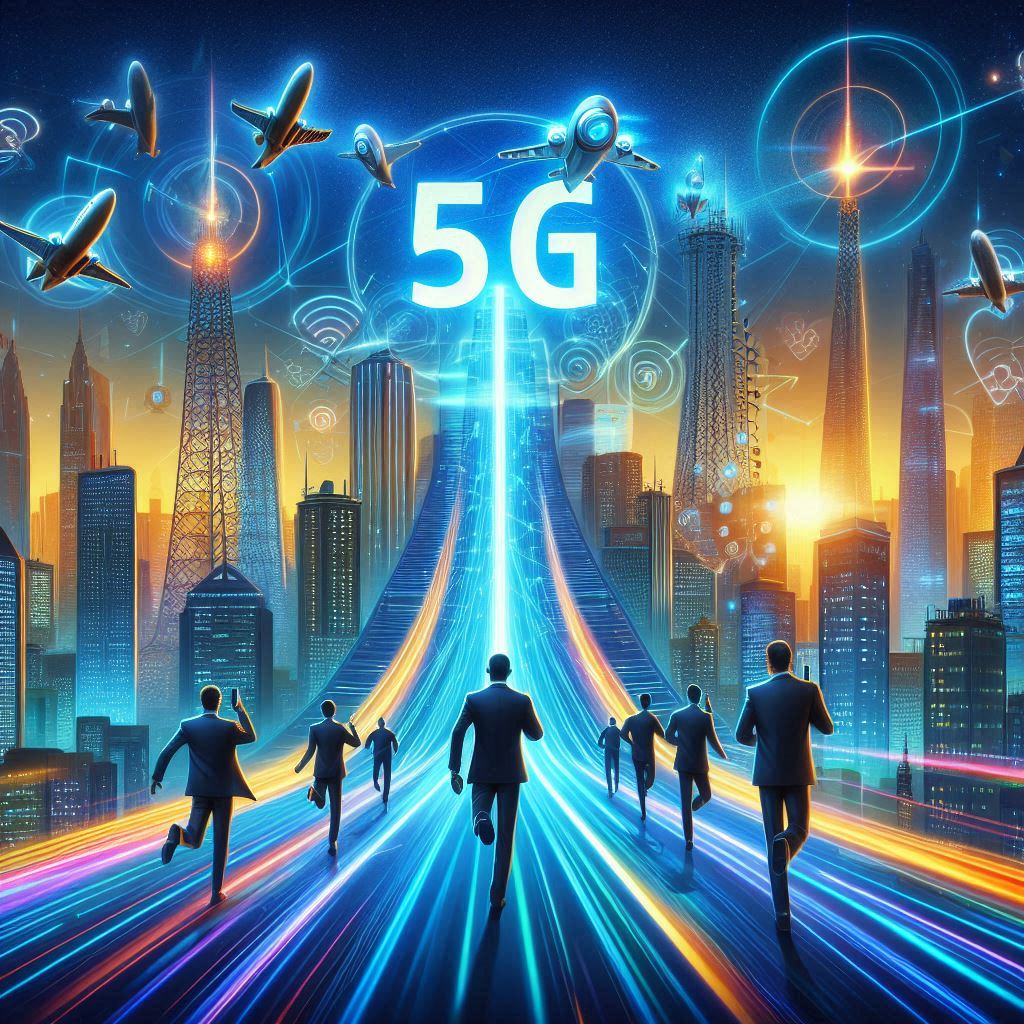
What’s the Difference Between 5G and 6G?
5G and 6G are both wireless technologies, but they offer different levels of speed and capabilities. 5G is the fifth generation of mobile networks, and it’s already bringing faster internet speeds, lower latency (or delay), and more reliable connections to smartphones, homes, and businesses. With 5G, you can stream videos, download large files, and connect more devices without much hassle.
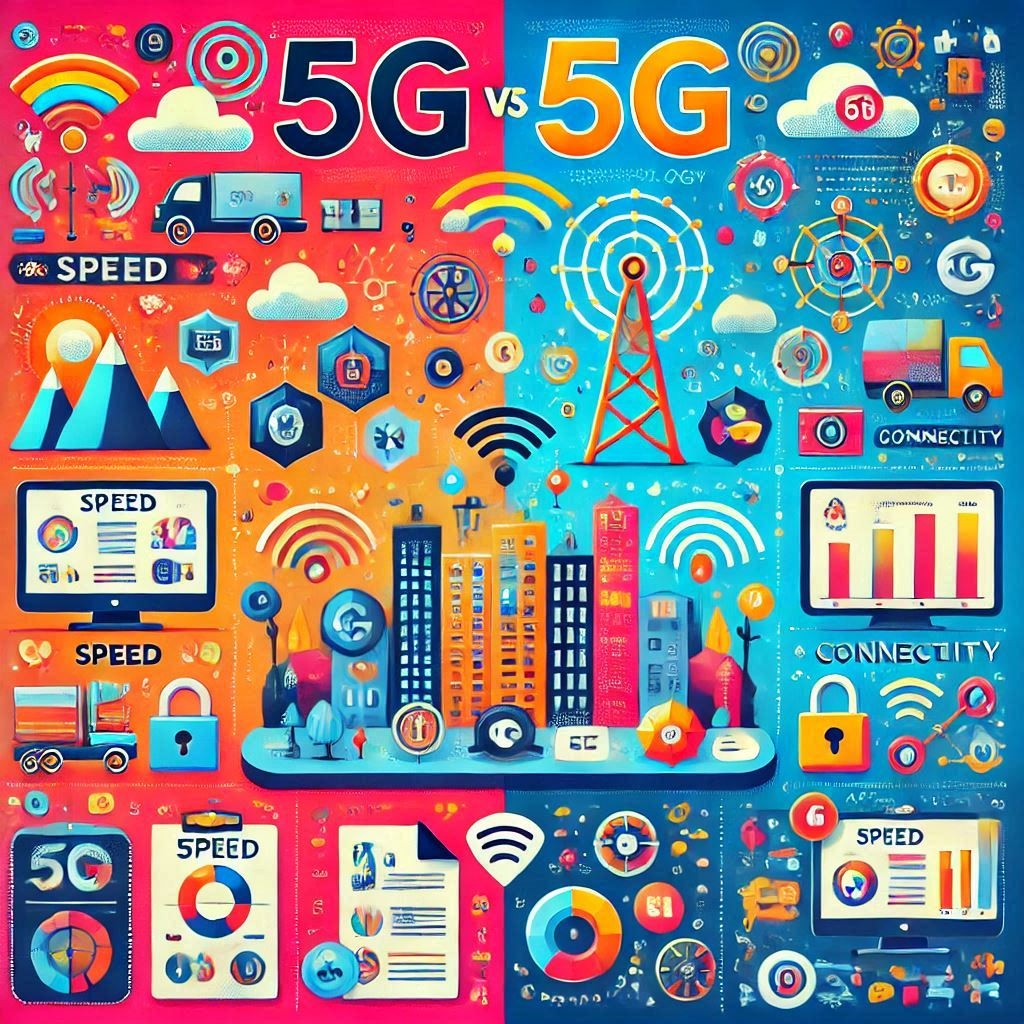
On the other hand, 6G is still in the early stages of development and promises to be even faster and smarter. While 5G speeds can reach up to 10 Gbps, 6G is expected to go beyond 100 Gbps. 6G will also bring more advanced features, like better AI integration, immersive experiences (think augmented reality and virtual reality), and ultra-reliable low-latency communication. While 5G is making a big impact today, 6G will shape the future by supporting innovations that we can only dream of right now!
How Will 6G Make Our Phones Faster Than Ever?
6G promises to take phone speeds to a whole new level. While 5G is already making things faster, 6G will make your phone’s internet speed feel almost instant. Imagine downloading a movie in a few seconds or streaming 8K videos without any lag. 6G will make all of this possible by using new technology that can send more data at once, making the internet much quicker.
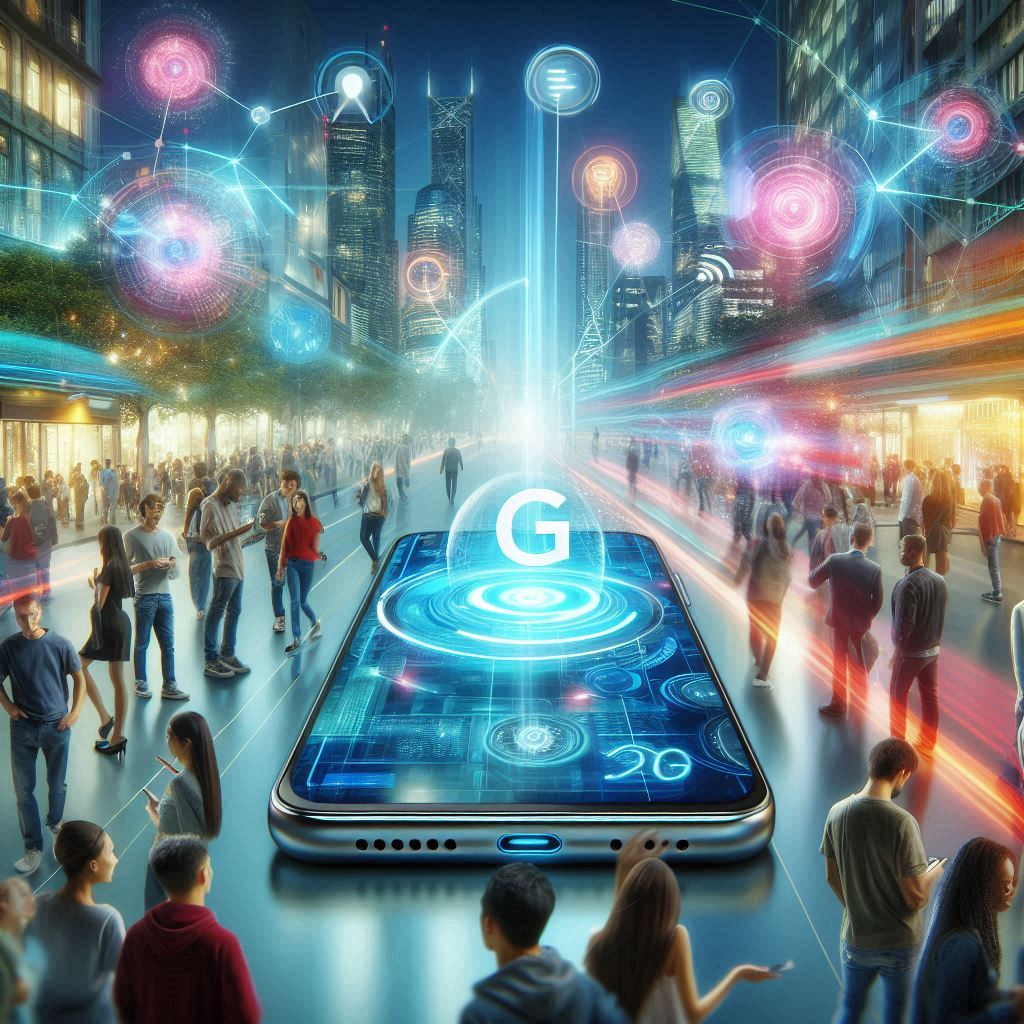
With 6G, your phone will also be able to handle more devices connected to the internet at the same time without slowing down. Whether you’re in a crowded stadium or a busy street, 6G will keep everything running smoothly.
Another cool feature is that 6G will have better coverage, even in remote areas. This means you won’t have to worry about losing connection in places where 5G or even 4G might struggle.
Overall, 6G will make your phone faster, smarter, and more reliable than ever before.
Why 6G Could Change Everything You Know About the Internet
6G is the next big leap in mobile connectivity, and it could change everything you know about the internet. While 5G has already made our phones faster and enabled new technologies, 6G will take things to a whole new level. Imagine speeds up to 100 times faster than 5G! That means downloading a movie in seconds or having real-time, high-quality video calls no matter where you are.

But it’s not just about speed. 6G will also bring more reliable connections, even in remote areas where coverage is spotty today. It will power smarter cities, making everything from traffic lights to public services run more efficiently through connected devices. Plus, with 6G, technologies like augmented reality (AR) and virtual reality (VR) will feel more real than ever before. In short, 6G is set to make the internet not just faster, but smarter, more accessible, and capable of supporting the tech of tomorrow.
Is 6G Really That Much Faster Than 5G?
When people talk about 5G and 6G, the first thing that comes to mind is speed. But is 6G really that much faster than 5G? The short answer is yes, but let’s break it down.
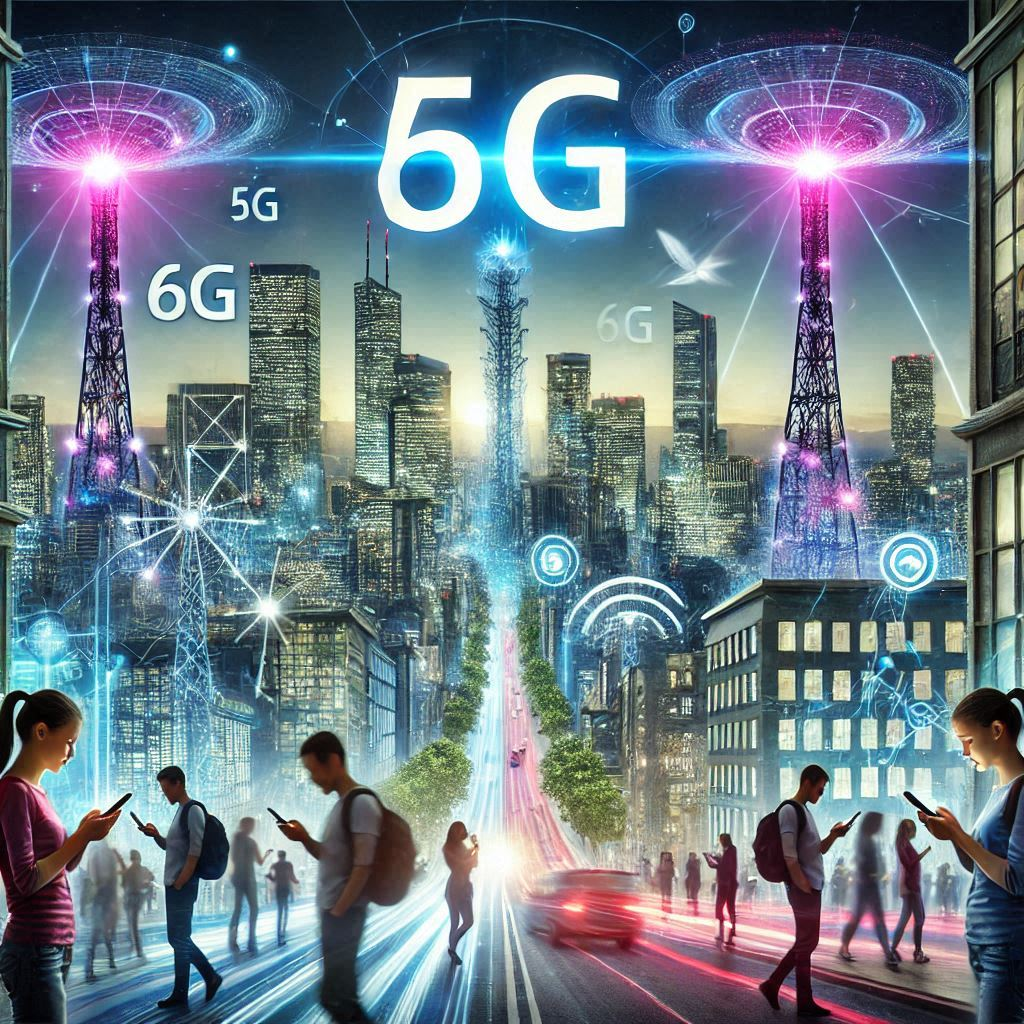
5G already offers blazing-fast speeds compared to 4G, allowing for quicker downloads, smoother streaming, and less lag in gaming. However, 6G is expected to take things to a whole new level. It could be up to 100 times faster than 5G, which means downloading an entire movie in seconds, or sending large amounts of data nearly instantly.
While 5G’s speed is impressive, 6G will be more focused on making everything more connected and smarter. For example, 6G could make it possible for devices like self-driving cars, robots, and virtual reality to work in real-time without any noticeable delay.
In simple terms, 6G won’t just be faster; it will change how we use technology in our everyday lives.
The Future of Internet Speed: What Can We Expect from 6G?
As we move from 5G to 6G, the future of internet speed is set to explode. While 5G has already given us faster downloads and smoother streaming, 6G promises to take it to a whole new level. Imagine downloading entire movies in seconds or having zero lag when using high-tech applications like virtual reality or augmented reality.
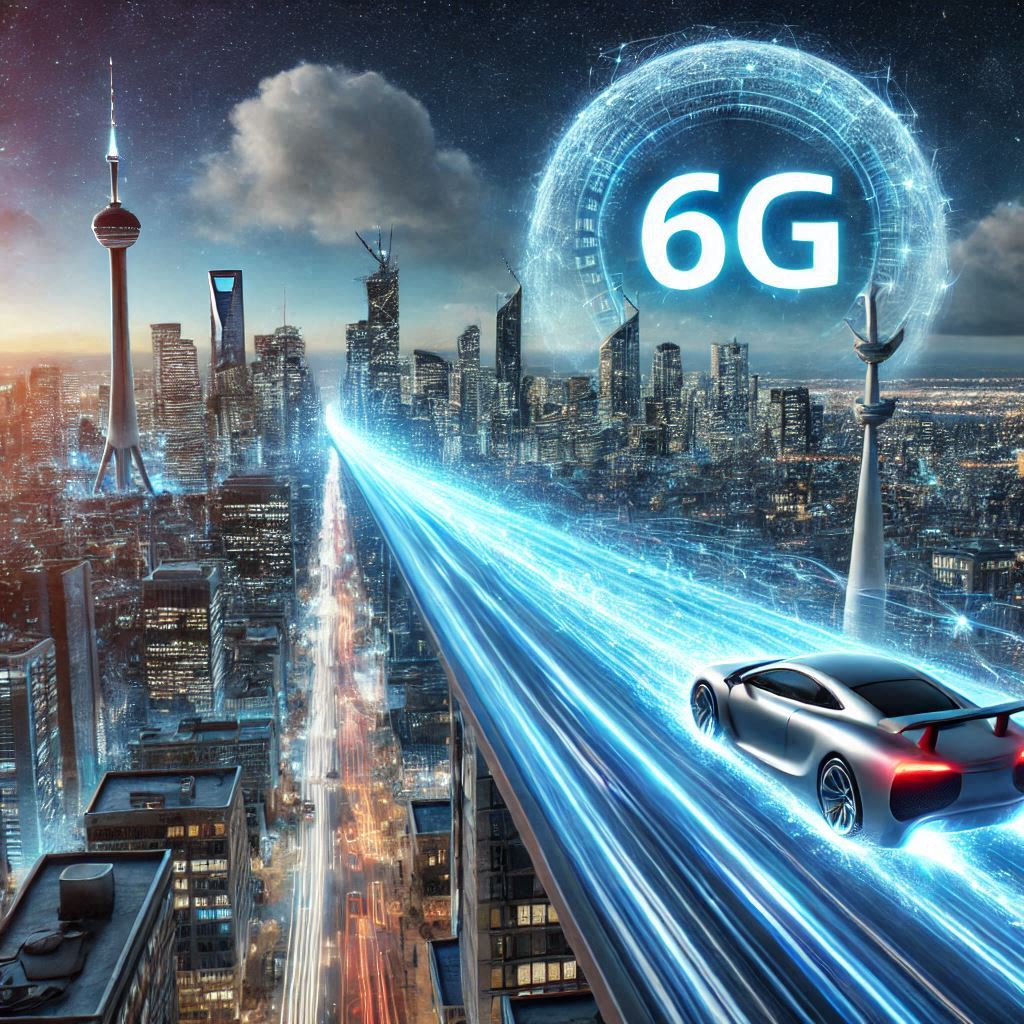
With 6G, we’re talking about speeds that are up to 100 times faster than 5G, which means a huge boost for things like smart cities, healthcare, and even self-driving cars. It could make everything more connected, allowing devices to communicate in real time with almost no delay.
Beyond speed, 6G will focus on reliability and efficiency, even in crowded areas. Whether you’re at a concert or in a busy airport, 6G could ensure a stronger and more stable connection. The future of the internet is faster, smarter, and more seamless than we ever imagined!
How Will 6G Impact Your Daily Life?
In the near future, 6G could completely transform how we live and interact with technology. While 5G brought faster internet speeds and smoother connections, 6G promises to take it even further, making everything even faster and more reliable. Imagine downloading an entire movie in a few seconds or connecting to the internet anywhere with zero lag, even in crowded places like stadiums or airports.
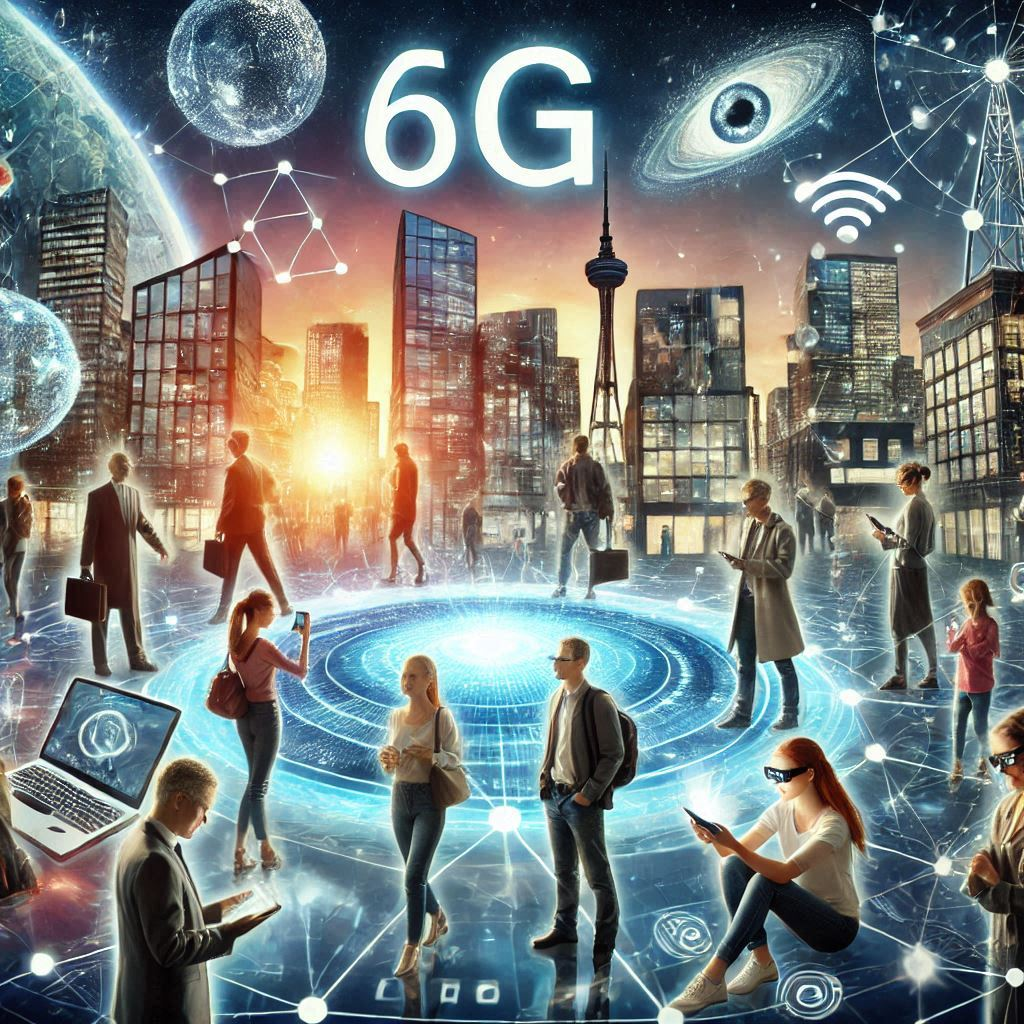
6G could also bring new opportunities for smart homes, where devices communicate instantly, making your home smarter and more efficient. It might improve the way we work too, with virtual meetings feeling almost like you’re in the same room as others, no matter where you are. In healthcare, 6G could enable real-time remote surgeries and instant sharing of medical data, improving patient care.
As 6G rolls out, expect an ultra-connected world where everything from transportation to entertainment is faster, more seamless, and smarter.
What’s Holding Up the Rollout of 6G?
The rollout of 6G is still a few years away, and there are a few big reasons why. First, the technology itself isn’t fully developed yet. While 5G is just getting up and running globally, 6G is still in the research phase. Scientists and engineers are working to figure out the best ways to make it faster, more reliable, and accessible to everyone.

Second, the infrastructure needed for 6G is massive. Building new towers, upgrading networks, and creating the right equipment takes time and money. Countries need to invest in this to make 6G available everywhere, which can be a slow process.
Lastly, there are still regulations and standards to be decided. Different countries need to agree on how 6G will work and make sure it doesn’t interfere with other technologies. All of these factors combined mean that while 6G looks promising, it will take a few more years before it’s ready for widespread use.
How 5G and 6G Will Affect Everything from Streaming to Smart Homes
5G and 6G are set to change the way we live, making everything from streaming to smart homes faster and more efficient. Right now, 5G is already improving things like video calls, streaming movies without buffering, and connecting smart devices in our homes. With 5G, you can download movies in seconds and enjoy ultra-clear video without interruptions.
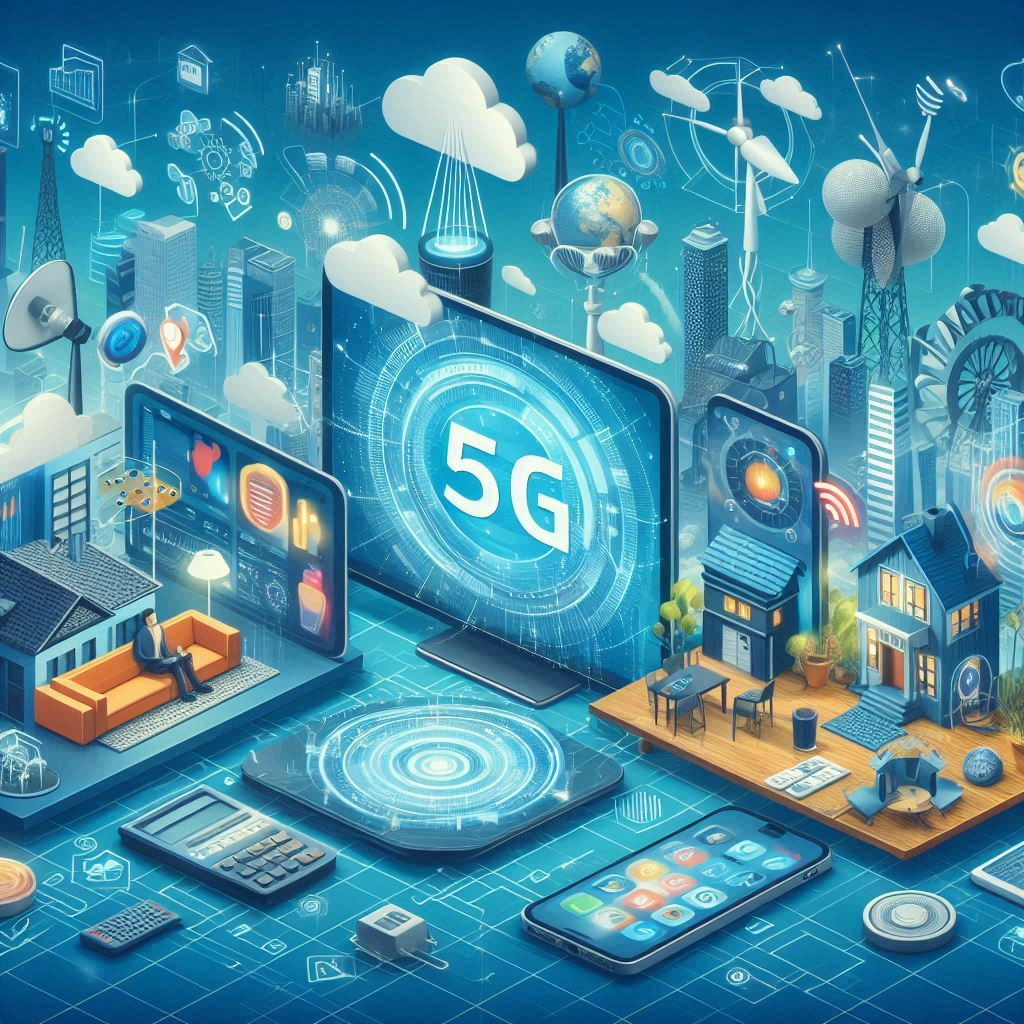
When 6G rolls out, it will take this to a whole new level. It will offer even faster speeds and better connectivity, meaning you can stream in 8K or even 16K resolution, and your smart home devices will work together more smoothly. Imagine controlling your lights, security systems, or appliances with zero lag. With 6G, everything from your home’s Wi-Fi to self-driving cars could operate in real-time without delays, making technology more seamless and integrated into our daily lives. It’s an exciting glimpse into the future!
When Will 6G Arrive and What Will It Mean for You?
6G is still a few years away, but it’s already getting a lot of attention. Experts predict that we could start seeing 6G networks around 2030, though it might take longer to roll out everywhere. So, what does that mean for you? Well, 6G will be much faster than 5G—up to 100 times faster! This could lead to even smoother video calls, faster downloads, and a super-connected world where everything from your fridge to your car is talking to the internet.

6G will also make new technologies possible, like more advanced virtual reality and even better AI tools. It will bring about changes in how we work, play, and communicate. Imagine ultra-reliable connections for self-driving cars or healthcare services that can monitor you in real-time. While 6G might still be a bit far off, its potential will make our digital world faster, smarter, and more connected than ever before.
Can 6G Really Handle the Demands of Tomorrow’s Technology?
As we move into the future, the demand for faster, more reliable internet keeps growing. 5G has already brought incredible improvements in speed and connectivity, but experts are now turning their attention to 6G. So, can 6G really handle the technology of tomorrow?
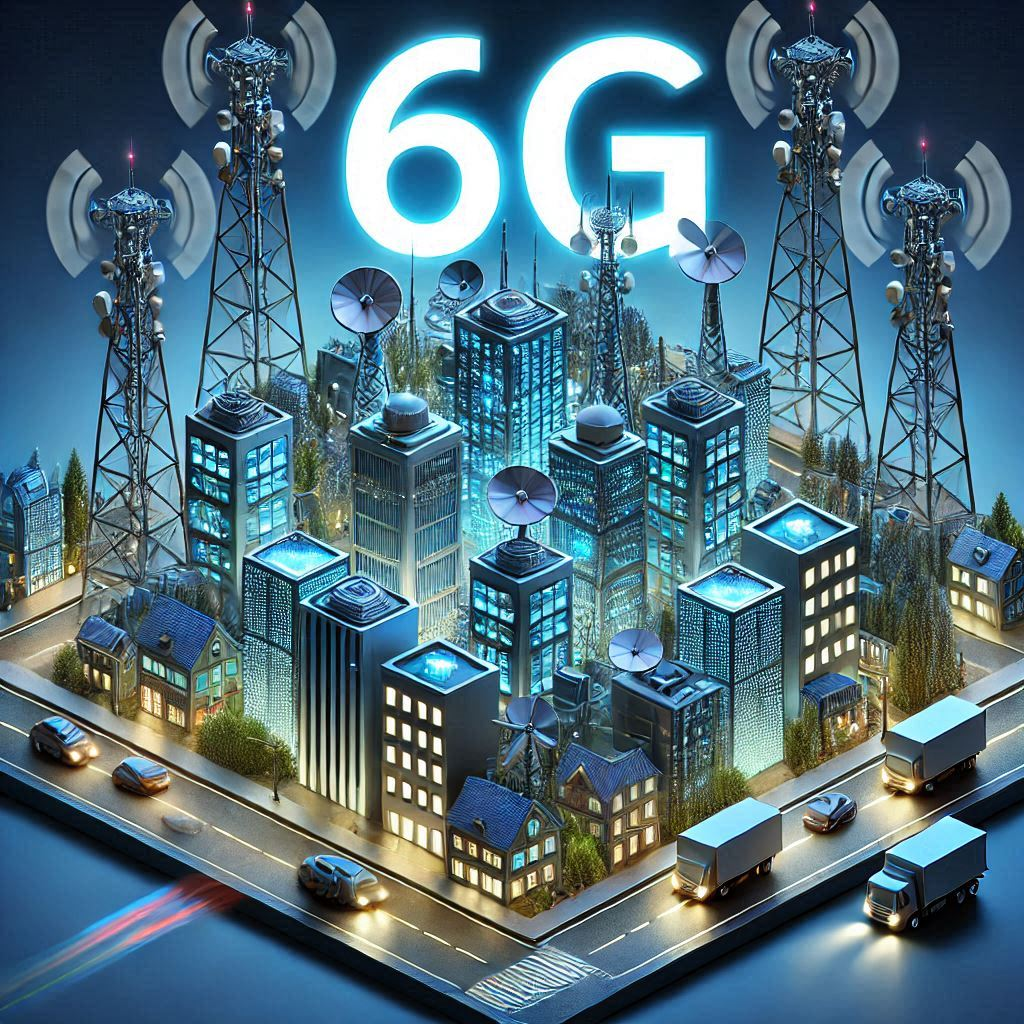
In short, yes, but it’s going to be a major leap forward. 6G promises to deliver speeds up to 100 times faster than 5G, with even lower latency, meaning data can travel almost instantly. This will be crucial for emerging technologies like fully autonomous vehicles, virtual reality (VR), augmented reality (AR), and the Internet of Things (IoT), where real-time communication is essential.
6G could also help handle the explosion of connected devices and support the ever-growing need for high-definition streaming, advanced AI, and smart cities. However, reaching 6G won’t happen overnight. It will require new infrastructure, better networks, and a lot of innovation, but it’s on the horizon and will open up endless possibilities.

